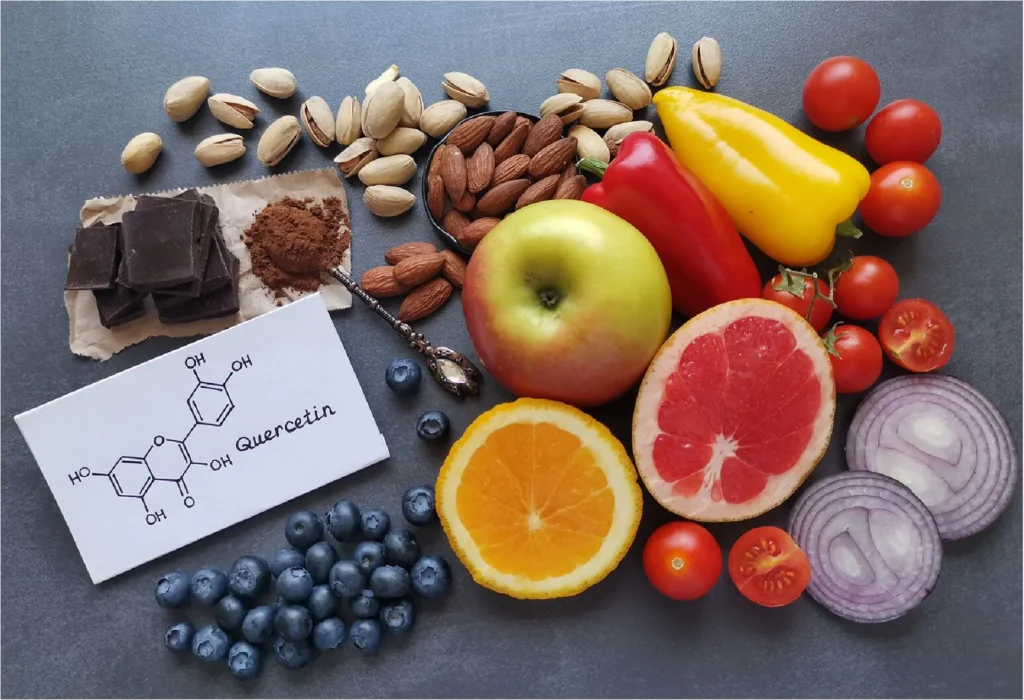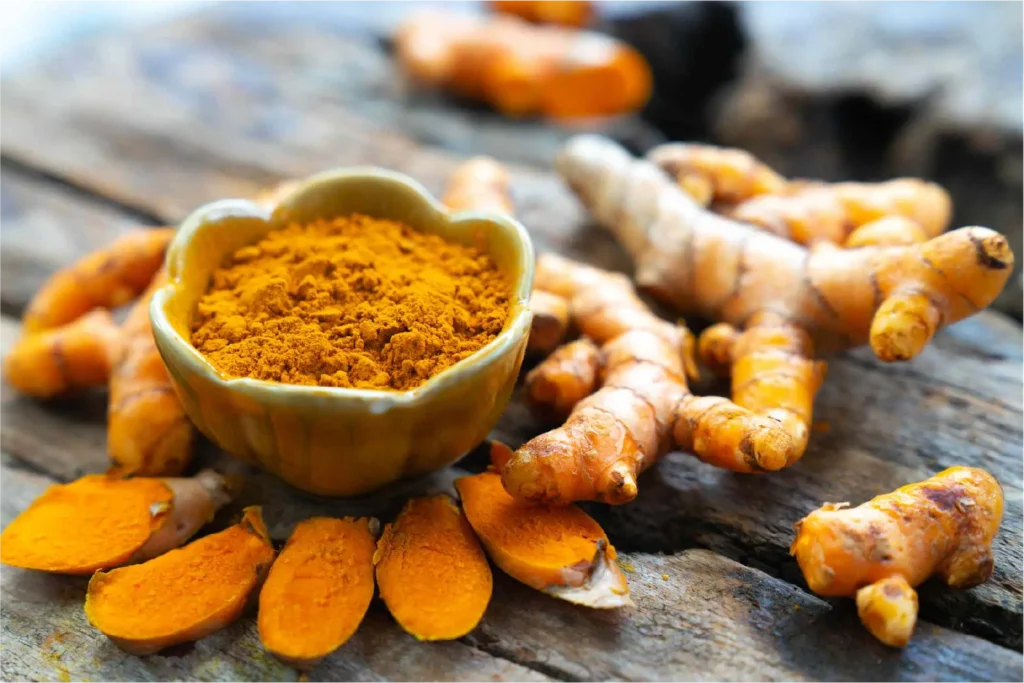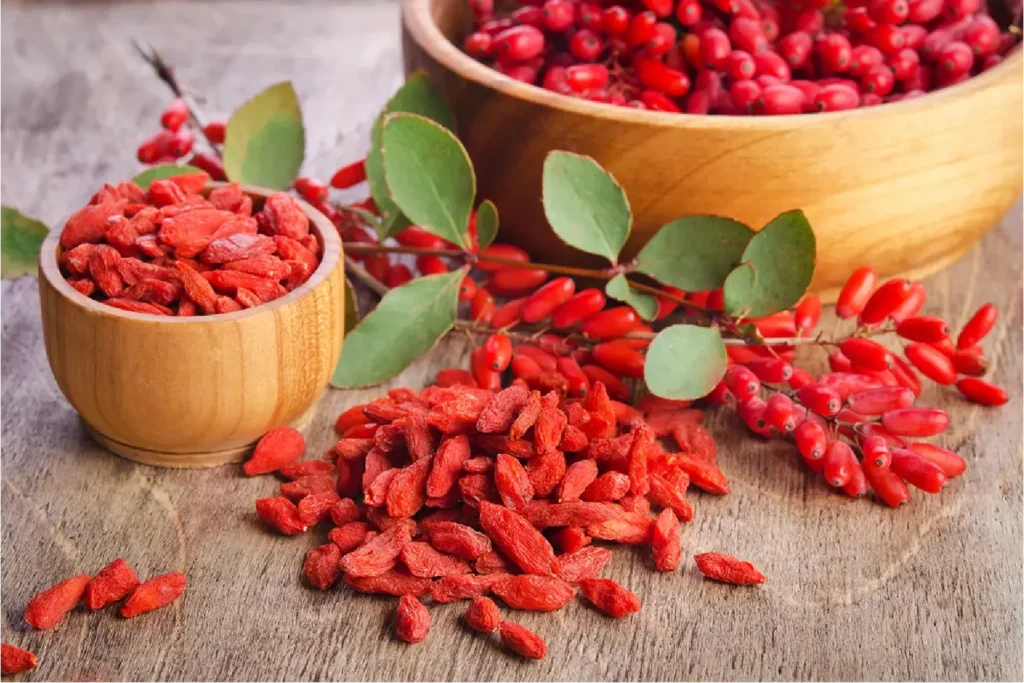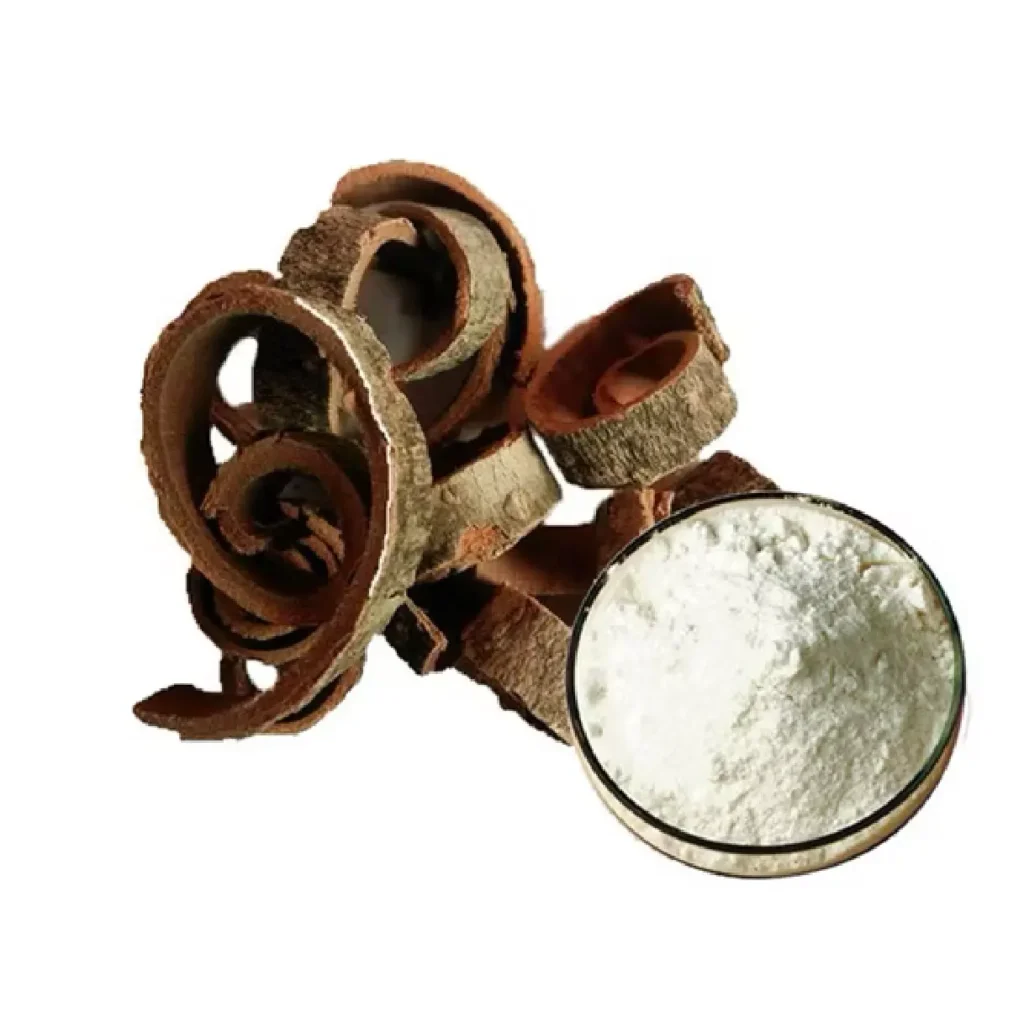Nutrition Supplements for Cancer Patients
Evidence-based information on supplements that may support cancer treatment and recovery
Understanding Nutrition Supplements for Cancer Care
While a balanced diet is crucial for cancer patients, certain supplements may offer additional support during treatment. Below is an evidence-based guide to key supplements, their potential benefits, and considerations for use.

Important Considerations
Consult Your Healthcare Team
Always discuss supplements with your oncologist or registered dietitian before starting any new regimen. Some supplements may interact with chemotherapy, radiation, or other medications.
Whole Foods First
Supplements should complement, not replace, a nutrient-dense diet. Focus on whole foods like fruits, vegetables, lean proteins, and healthy fats as the foundation of your nutrition plan.
Quality Matters
Not all supplements are created equal. Choose high-quality brands that undergo third-party testing for purity and potency. See our guide below for selecting the best supplement brands.
Key Nutrition Supplements
Explore evidence-based information on supplements that may support cancer treatment, recovery, and overall well-being.

Artecin is a bioactive compound derived from Artemisia annua (sweet wormwood), a plant long valued in traditional medicine. It belongs to a class of sesquiterpene lactones known for their potent biological properties. Originally recognized for its antimalarial effects, Artecin has gained growing scientific interest for its broader roles in cellular protection, immune modulation, and metabolic balance.

Use low-dose radiation to create images of the inside of the body.
-
May reduce risk of hormone-related cancers
-
Supports DNA repair mechanisms
-
May enhance chemotherapy effectiveness

A flavonoid antioxidant found in apples, onions, and berries, with anti-inflammatory and anti-cancer properties.
-
Modulates cell signaling pathways
-
May enhance immune function
-
Potential chemo-sensitizing effects

The active compound in turmeric, known for its anti-inflammatory and anti-cancer properties.
-
Inhibits NF-κB pathway activation
-
Supports liver detoxification
-
May reduce chemotherapy side effects

A polyphenol found in grapes and red wine, with antioxidant and potential anti-cancer effects.
-
Activates sirtuin proteins
-
Suppresses cancer cell survival
-
May enhance DNA repair

A powerful antioxidant from green tea, shown to inhibit cancer cell growth and angiogenesis.
-
Modulates epigenetic modifications
-
Inhibits metastasis
-
May enhance treatment response

A compound found in broccoli sprouts, known for its detoxification and anti-cancer properties.
-
Activates Nrf2 detox pathway
-
Induces cancer cell apoptosis
-
Modulates inflammatory pathways

A compound found in cruciferous vegetables, which may help regulate hormone metabolism.
-
Promotes healthy estrogen metabolism
-
May reduce risk of hormone-related cancers
-
Supports detoxification pathways

A metabolite of indole-3-carbinol, which may help balance hormones and support detoxification.
-
Optimizes estrogen metabolism
-
May inhibit cancer cell proliferation
-
Supports immune function

A powerful antioxidant found in tomatoes and other red fruits, with potential anti-cancer effects.
-
Protects against oxidative damage
-
May reduce risk of prostate cancer
-
Inhibits cancer cell growth

A flavonoid found in celery, parsley, and chamomile, with anti-inflammatory and anti-cancer properties.
-
Inhibits cancer cell proliferation
-
Suppresses angiogenesis
-
May enhance chemotherapy sensitivity

A flavonoid found in chamomile tea and vegetables, with potential anti-cancer and anti-inflammatory effects.
-
Induces cancer cell apoptosis
-
Inhibits metastasis
-
Modulates immune response

A compound found in goldenseal and barberry, with anti-cancer, anti-inflammatory, and metabolic benefits.
-
Regulates glucose and lipid metabolism
-
Induces cancer cell death
-
Suppresses cancer stem cells

A compound found in magnolia bark, with anti-inflammatory, anti-angiogenic, and anti-cancer properties.
-
Inhibits cancer cell migration
-
Suppresses tumor growth
-
May enhance chemotherapy efficacy

A compound derived from sweet wormwood, with potential anti-cancer properties targeting iron-rich cancer cells.
-
Selectively targets cancer cells
-
Induces oxidative stress in tumors
-
May enhance chemotherapy effects

A hormone regulating sleep-wake cycles, with potential anti-cancer and immune-supportive properties.
-
Regulates circadian rhythm
-
Enhances immune function
-
May inhibit cancer cell growth
How to Choose the Best Supplement Brand
Not all supplements are created equal. Here’s what to look for when selecting a high-quality product.
Scientific Research
Scientific Research Look for supplements backed by clinical studies, especially those specific to cancer cell lines or patient populations.
Third-Party Testing
Choose brands that undergo independent testing for purity, potency, and contaminants (e.g., NSF, USP, ConsumerLab).
Quality Ingredients
Opt for products with high-quality, bioavailable ingredients and minimal fillers, additives, or artificial colors.
Start Your Educational Journey Today
Empower yourself with knowledge about precision metabolic oncology and take an active role in your cancer care journey.

